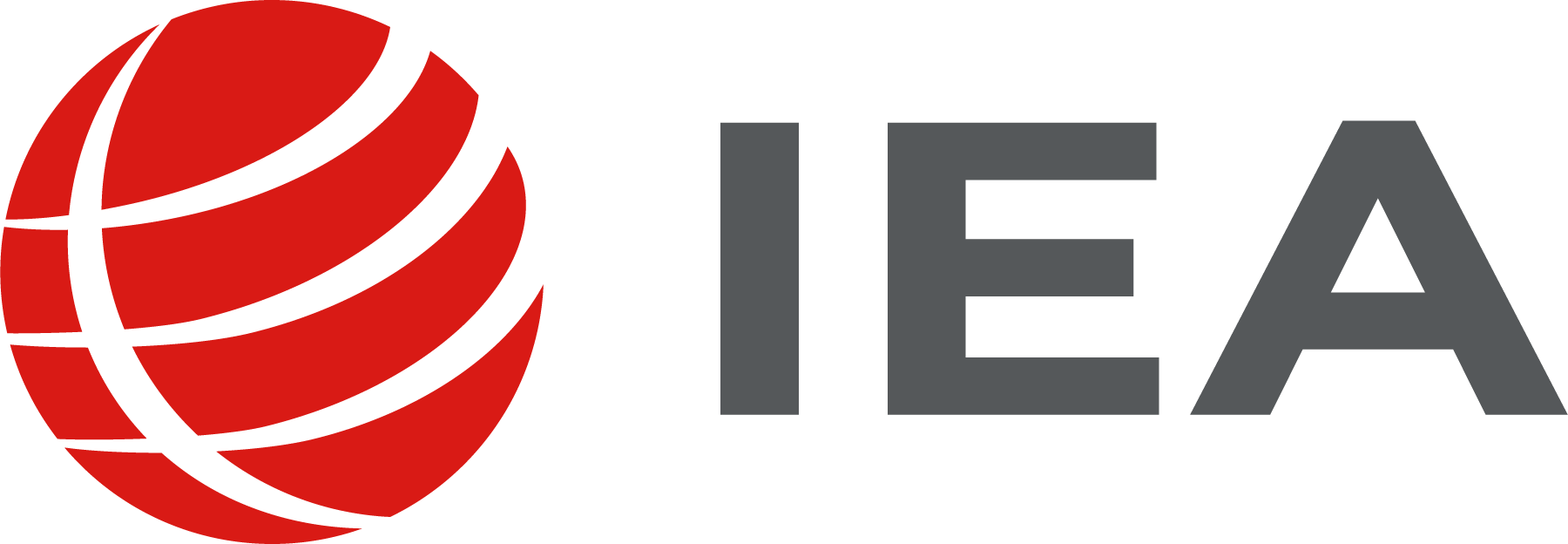The first cycle of the OECD IELS (International Early Learning and Child Well-being Study) was launched in 2016 as an international study program that focuses on children's early learning, their home background and learning environment, and their experiences in early childhood education.
It is the first international large-scale assessment with five-year-old children as the target population, assessing not only cognitive domains (emergent numeracy and literacy) but also non-cognitive domains of self-regulation and empathy. Distinctive features of the assessment are the use of tablets with audio recordings and a one-to-one administration.
Following the successful implementation of the first cycle of IELS 2018 in three countries, a second cycle—IELS 2024—is underway.
The OECD Secretariat coordinates the overall development of the study while an international consortium comprised of the Australian Council for Educational Research (lead/International Study Center), IEA, and cApStAn manages the administration of the study in the participating countries.
IEA is responsible for sampling and weighting, technical standards, field operations, survey manuals, data processing, organization and conduct of NPM (National Project Manager) meetings, international quality assurance monitoring and training, and advice on study planning, analysis, and reporting.
